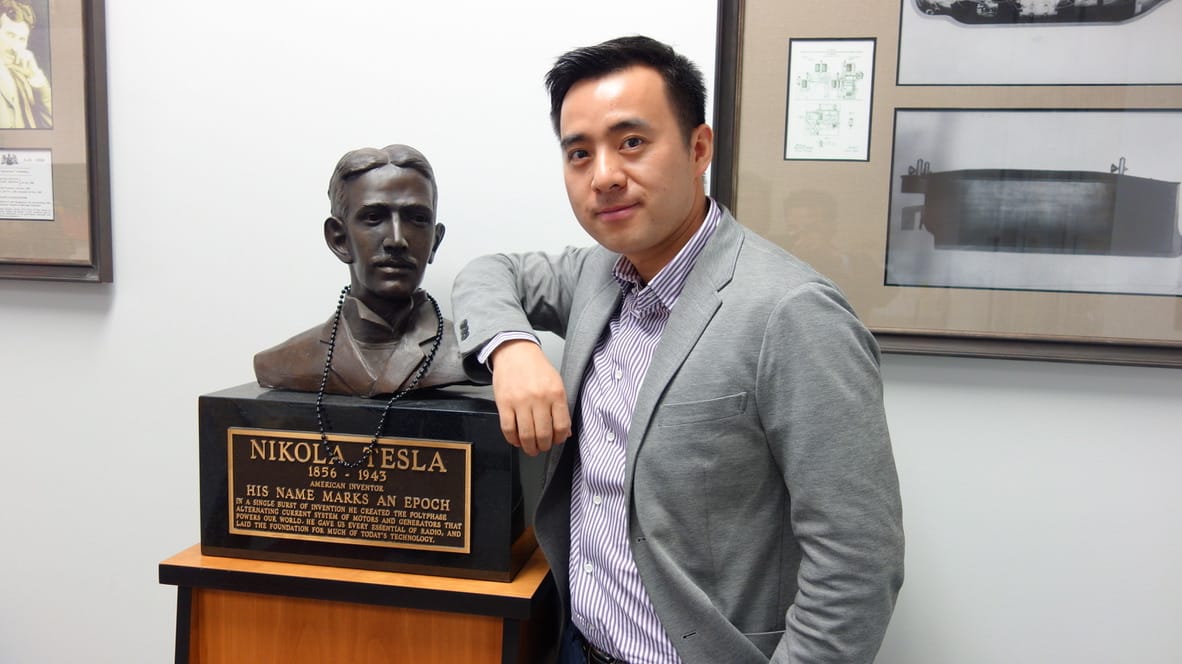Introduction
The political arena in Brazil in recent years has witnessed significant tension and drama, perhaps unsurprisingly, given its vibrant and dynamic history. One of the most notable events was the lead-up to and aftermath of the presidential elections, marked by a controversial stabbing incident, contentious elections, and the unilateral narratives that have prevailed. This article explores these events, spotlighting the underlying political dynamics and the implications for Brazil's democratic processes.
The 2018 Presidential Campaign and Stabbing Incident
The 2018 presidential campaign in Brazil was overshadowed by an abrupt and startling incident—a near-fatal stabbing of the then-presidential candidate, Jair Bolsonaro.
As Jair Bolsonaro was campaigning in Juiz de Fora, an unforeseen attack by Adelio Bispo, a former member of the Socialist Liberty Party, almost took his life. Bolsonaro's campaign was drastically affected, given that he had to spend over 70% of the 45-day campaign period hospitalized. The candidate had incurred significant internal injuries and barely survived, thanks to precise timings, proficient medical intervention, and sheer luck. This attack was not only a personal life-altering event but also became a pivotal moment in Brazilian politics, setting a tone of discord and demonstrating the high stakes involved.
The Politics of 2018 to 2022: From President to Election Loss
This tenure represented a mix of fervent support and staunch opposition. Bolsonaro's presidency saw substantial political polarization. During his term, Brazil experienced both significant policy shifts and numerous conflicts within its political sphere, particularly with judicial entities such as the Superior Electoral Court and the Supreme Court.
One central character in these conflicts was the head of the Superior Electoral Court, Alexandre de Moraes, whose involvement in decisions during Bolsonaro’s tenure indicated an apparent personal clash that transcended professional boundaries. Despite these challenges, Bolsonaro's administration saw political growth for his party, rising from a minor political force to one with substantial representation.
"Even amidst controversy and challenges, Bolsonaro's party performed remarkably well in subsequent elections, indicating a shifting political landscape in Brazil."
The Contested 2022 Election
In 2022, Jair Bolsonaro sought re-election in an election process that has since been characterized by significant controversy and skepticism, notably over the use of electronic voting machines. These machines, which have been regarded both as efficient and disputable, became symbolic of larger claims about election integrity.
Two dominant theories arose: one skeptical of the reliability of electronic voting and another centered around the supervisory roles and decisions made by the Electoral Court, which was seen by many as biased. Despite the technology's promise of fast results, there remain concerns about transparency and the possible need for auditing capabilities, akin to traditional paper ballots.
Brazil's election process has faced comparison with systems elsewhere, with scrutiny over the lack of mechanisms for recounts and audits. Proponents of Bolsonaro argue that such a system does not offer the same reassurance of accuracy and fairness as more traditional methods might.
Electoral Supervision: Trust and Transparency Concerns
Alexandre de Moraes’s role in the 2022 election is pivotal. Serving as the head of the Superior Electoral Court, his decisions, considered by many as overreaching, included restrictions on campaigning methods and controlled narratives. Notably, Bolsonaro was barred from streaming from public presidential residences, a decision seen as minor yet emblematic of perceived constraints.
Furthermore, there was discontent over restrictions placed on media expressions concerning opposition candidates, notably Luiz Inácio Lula da Silva. Lula, a figure with prior convictions that were later overturned, became a focal point in allegations of judicial preference and dual standards in electoral treatment.
The Result and Its Implications
In one of the closest elections, Lula secured the presidency, winning over Bolsonaro by a narrow margin. This narrow victory margin of about 49% to 51% has sparked continued debates about the trustworthiness of the election process.
Electoral disputes are not uncommon globally; what stands out in Brazil's scenario is the interaction between judiciary oversight and electoral processes, where questions arise about neutrality and influence on democratic systems.
"Even in democracies with established processes, close margins can breed suspicion and amplify tensions, stressing the need for robust, transparent systems."
Beyond the Election: A Movement in Flux
For Bolsonaro’s supporters and party, the election result did not mark an end but a transition. Despite losing the presidency, Bolsonaro's movement fortified its position in other governmental facets. The increase from three congressmen seats in 2014 to over fifty in subsequent elections showcases resilience and growing influence.
The challenge lies in navigating this complex political terrain while advocating for electoral reforms that address transparency without undermining technological advancements in election processes.
Conclusion
Brazil stands at a crossroads, reflecting both political dynamism and democratic challenges. The sequence of events surrounding the 2018 and 2022 elections has unveiled critical areas of reform, particularly in electoral integrity, judicature roles, and media narratives. As Brazil moves forward, these lessons must inform future democratic resiliency, fostering greater transparency and trust across all political spectrums.
"Democracy is a living entity, thriving on transparency, accountability, and constant evolution." — Unknown
In this spirit, Brazil's journey continues, with the hope that future elections refine and expand upon the lessons learned, championing the pillars of democracy—fairness, transparency, and trust.
Embracing Democracy: The Path Forward
It is imperative for countries like Brazil facing such turbulence to reinforce the importance of electoral processes that are not only efficient but trusted by all.
Recommendations for Strengthening Electoral Integrity
- Enhancing Audit Capabilities: Introducing dual systems where electronic voting is supplemented with a tangible paper trail can reinforce trust.
- Judicial Neutrality: Ensuring separation and clear boundaries between electoral oversight and political influence is crucial.
- Education and Transparency Campaigns: Educating the public on electoral processes and technologies employed can reduce misconceptions and build credibility.
By prioritizing these pillars, Brazil can forge a path that honors its democratic foundation while embracing innovation.

BRAZILIAN POLITICS, ELECTIONS, VOTING SYSTEMS, JAIR BOLSONARO, DEMOCRACY, BRAZIL, YOUTUBE, ELECTORAL INTEGRITY, POLITICAL DYNAMICS, CONTROVERSY, POLITICAL ANALYSIS

